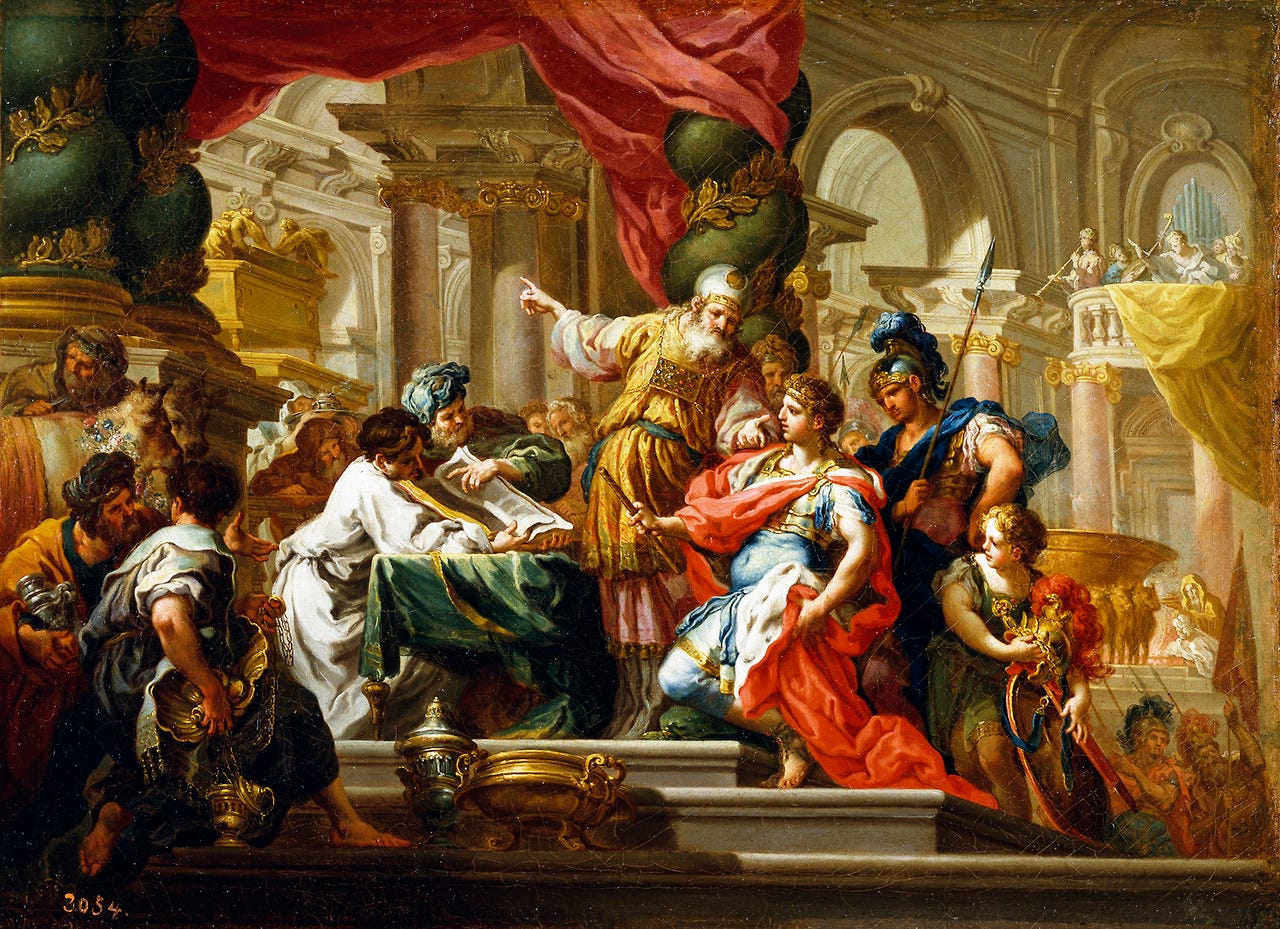An inflection point for civilisation
Israel's uprising is more relevant to the west than most realise
Last weekend, I delivered a presentation at the Young Israel of North Beverly Hills synagogue in Los Angeles. Here’s what I said.
Talking to people since I’ve been here, it’s impossible not to be struck by a sense of deep alarm and perplexity. It’s hard to remember a time when the Jewish community — in Britain, too, and elsewhere — has been more anxious, with antisemitism at epidemic levels.
And it’s not just Jews who feel this way. So many feel the world is spinning out of control. Foreign affairs are terrifying: Putin and Ukraine, China and Taiwan, Iran which may already have passed the point of nuclear return. Worse still, America seems to have retreated from its role as the protector and guarantor of the free world. As a result, the enemies of civilisation are advancing.
At home, there are ever more grotesque and harmful developments in race and gender identity politics. There’s a climate of intimidation, bullying and the silencing of dissent. All of this has created a profound loss of moorings and disorientation.
For its part, Israel has been convulsed for the best part of six months with hundreds of thousands of protesters regularly on the streets demonstrating against the government of Prime Minister Benjamin Netanyahu.
What’s likely to happen there is anyone’s guess. It appears that Netanyahu is abandoning most of the judicial reform proposals — the ostensible cause of the unrest — but it remains to be seen if he can do this and keep his coalition together.
However, the battle in Israel is more relevant to both the Jewish diaspora and the broader west and its current convulsions than might have been thought.
Keep reading with a 7-day free trial
Subscribe to Melanie Phillips to keep reading this post and get 7 days of free access to the full post archives.




